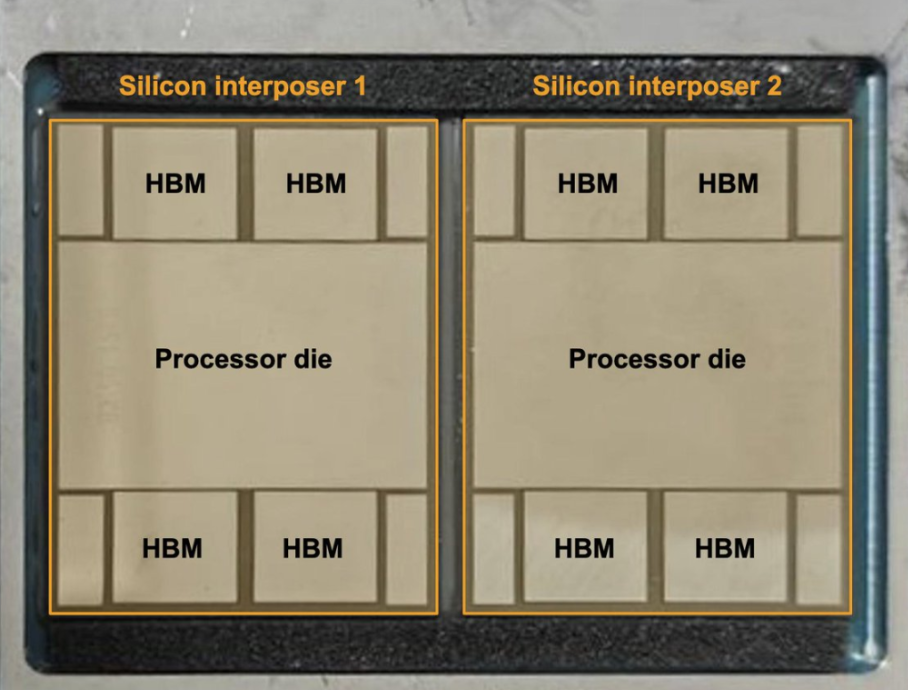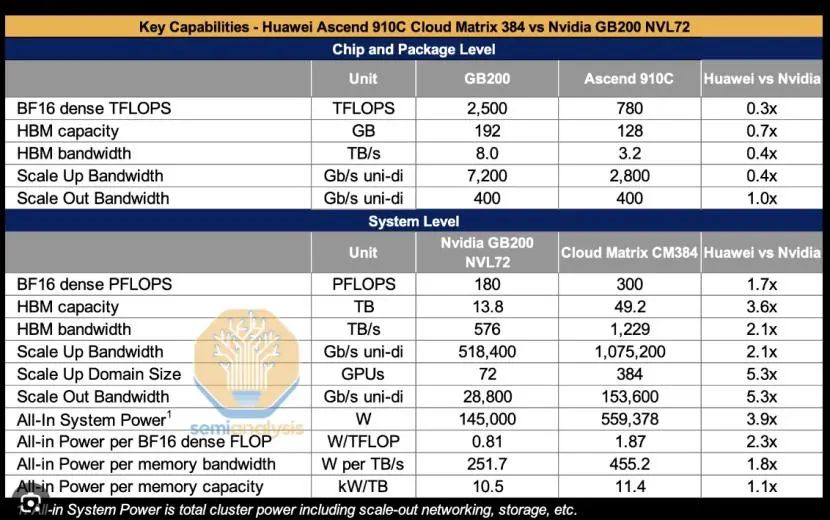Recently, according to Reuters, Huawei plans to begin mass delivery of its self-developed Ascend 910C artificial intelligence chip to Chinese customers as early as May, with some orders already completed ahead of schedule. This move is seen as a key breakthrough for China’s AI industry in response to the U.S. technology blockade and may reshape the domestic high-end GPU market landscape.
Insiders revealed that the Ascend 910C chip integrates two 910B processors through advanced packaging technology, doubling both computing power and storage capacity, with overall performance comparable to NVIDIA’s banned H100 chip. Additionally, this chip optimizes data pathways for diverse AI workloads, supporting more complex model inference and training scenarios.
It is reported that Huawei provided testing samples of the Ascend 910C to several technology companies at the end of last year and has begun accepting orders.

Conceptual diagram of the Ascend 910B architecture, image source: internet
On April 15, the U.S. tightened its export restrictions on AI chips to China again, affecting the NVIDIA H20 chip, which has an estimated impact of about $5.5 billion on NVIDIA. The H20 is an improved version of NVIDIA’s H100 AI chip, specifically developed for the Chinese market, with performance less than half of the H100.
NVIDIA had first listed Huawei as a major competitor in various categories, including AI chips, discrete and integrated GPUs, custom chips, and other accelerated computing solutions in a document from 2024.
Paul Triolo, a partner at consulting firm Albright Stonebridge Group, stated that the latest export restrictions from the U.S. Department of Commerce on the NVIDIA H20 “means that Huawei’s Ascend 910C GPU will now become the preferred hardware for (Chinese) AI model developers and deployment inference capabilities.”
Market analysis suggests that the Ascend 910C is expected to achieve approximately 800 TFLOPS in critical FP16 precision computing power, with a memory bandwidth of about 3.2 TB/s. This performance is close to 80% of the overall computing power level compared to the H100.
According to semiconductor analysis firm SemiAnalysis, a comparison between the Ascend 910C and NVIDIA’s GB200 shows that although the Ascend 910C still has certain differences in performance indicators such as HBM capacity and bandwidth compared to the GB200 chip, Huawei has significantly improved overall performance through innovative system-level design. This strategy, while also leading to higher power consumption, reflects Huawei’s determination to enhance its position in high-performance computing. In the future, with technological advancements, Huawei is expected to further optimize energy efficiency and achieve more balanced development.

Huawei has not officially responded to the mass production plans and supply chain details of the Ascend 910C. However, it is foreseeable that this wave of domestic substitution driven by technology embargoes is reshaping the power dynamics of the global AI chip industry.
END.